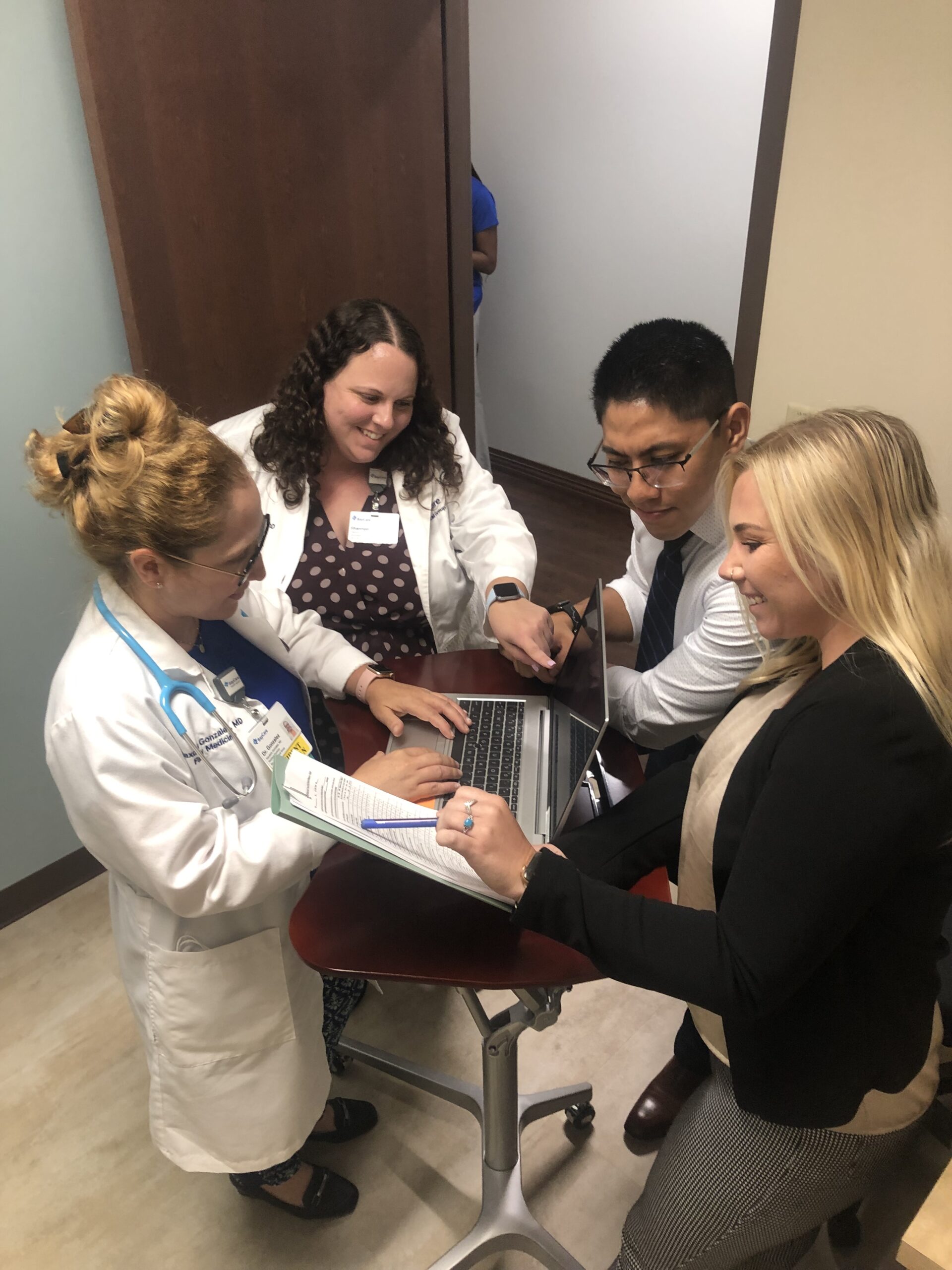
Health News
Features
-
Crucial Partnership
Winter Haven Hospital’s First FSU Psychology Interns Help to Expand Care to the Underserved Area by PAUL CATALA Ever since Shelby Mathias was a child, she’s felt compelled to help and provide support for those around her. “Showing compassion to those experiencing adversity was instilled in me by my mother,” she says. Losing her mother…
-
Ease Into Routines to Beat the Back-to-School Blues / Sponsored by Central Florida Health Care
As summer wanes and the school bell starts to beckon, this is a good time to start instituting good habits to facilitate the transition from the laid-back vacation days into the more hectic school year.
-
Need a Mood Boost?
Supplements Make Big Claims About Mental Health, but Diet Much More Effective
Columns
-
Your Eyes Are the Windows to Your Health
by DR. SELINA LIN Did you know that countless medical conditions can be detected during an eye exam? The most common medical diagnoses detectable are diabetes and hypertension. These medical diagnoses can cause hemorrhages and swelling in the retina that may need treatment. Worsening eye findings could indicate deteriorating disease processes in the body and…
-
Photodynamic Therapy Effective in Fight Against Skin Cancer
Photodynamic therapy (PDT) is a medical treatment used to treat precancerous cells, as well as other conditions. It can be used on the skin, eyes, mouth and lungs. The treatment involves using a medicine, such as Levulan Kerastick®, either topically or inside the body, followed by a blue light source to activate the drug. One…
-
Risk Factors for Peripheral Arterial Disease
September is Peripheral Arterial Disease awareness month. PAD is a chronic condition affecting 20 million people in the U.S. If left untreated, it can result in unnecessary limb amputations. This has been seen disproportionately in people from minority communities. It involves a buildup of plaque in the arteries— much like how your kitchen sink builds…





